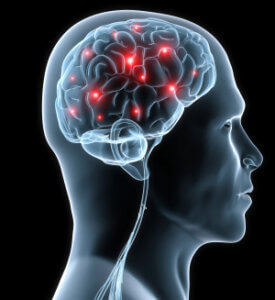Testosterone is a sex hormone that plays an important role for both males and females. While it is called a sex hormone, its effects go far beyond sex, libido, and muscle building. Testosterone levels have a huge impact on the brain, affecting cognition, memory, emotions, and more.
Testosterone gradually decreases with age once a man hits the age of 30. Some men don’t produce enough testosterone. This can affect their libido, energy levels, concentration levels, fertility, bone mass, and more.
Men produce approximately eight times more testosterone than women produce. This helps explain why there are so many differences between the two genders. Nonetheless, both males and females need testosterone to function optimally. Scientists are still studying how exactly testosterone affects the brain. More research needs to be done. However, there exists a link between healthy testosterone levels and healthy brain function.
Improves cognition
Higher testosterone levels offer great benefits to the brain. It’s important to note that excessively high levels, just as with low levels, have the opposite effect. It’s necessary to test your levels to find the right balance.
An interesting study is referenced in the Harvard Men’s Health Watch. It concluded that older men with higher testosterone levels had better preservation of brain tissue later in life. Not only that, it has been shown that higher levels have been associated with improved cognitive function.
Sex drive
Low testosterone levels, are a major contributing factor when it comes to low libido. Testosterone is a key component to sex drive. A man’s testosterone levels peak in his teens/mid-20s. This correlates to when his sex drive is the strongest. Testosterone levels begin to decline slowly after around 30. If testosterone levels drop drastically for any reason, it can have an impact on libido.
Every man is different, though. Some men can maintain a healthy libido even with lower levels of testosterone. Others will have normal levels and not have much sex drive. Libido is relative to each man, and is also impacted by other factors such as stress, sleep and other health conditions.
Memory
Researchers have been looking at the link between testosterone and different diseases. Decreasing testosterone levels is partly responsible for at least some cognitive decline. Therefore, it increases the risk of men getting, for example, Alzheimer’s and Parkinson’s disease. Research shows that increasing testosterone in men can actually improve symptoms of Parkinson’s disease. It can also relieve depression, anxiety and fatigue.
Testosterone supplementation has been shown to improve memory in both men and women. Even those with Alzheimer’s! In women, it usually affects verbal memory. In men, having low levels of testosterone makes it more difficult to concentrate. But again, the key is balance. Having too much testosterone can reduce the connectivity between brain cells.
Affects feelings
Testosterone levels are also strongly linked to emotions. Research has shown that lower levels of testosterone result in lower self-confidence, It can also cause depressive disorders. One particular study showed that older men with depression had testosterone levels which were 20% lower than men who are not depressed.
Anxiety, too, seems to be linked to testosterone levels. Women as a whole are more anxious than men. Research shows that administering testosterone can alleviate anxiety in both males and females. This could be because higher testosterone often affects decision making. It also affects social dominance and can even sometimes cause aggression. In general, men can be more confident about their judgment and decisions than women. This could be explained in part by their higher testosterone levels. The fact is that when these levels fall, men often find themselves far less confident and assertive.
As we age, the proportion of our hormones change and this shift is often responsible for the change in behavior. When women age, levels of estrogen declines and testosterone levels become proportionately greater. This often leads to older women becoming more assertive.
If your testosterone levels are unnaturally low, testosterone supplementation may help revive your sex life. It will also improve your cognitive ability, memory and even your emotions. Always check your levels before starting any treatment. And it is also important to constantly monitor your levels while undergoing treatment.
In conclusion, there seems to be a strong link between testosterone and brain function. A healthy brain determines how the body ages. It affects physical factors such as libido, energy, erectile dysfunction and mood. Balancing testosterone levels enables us to enjoy better physical and mental health and therefore quality of life.



